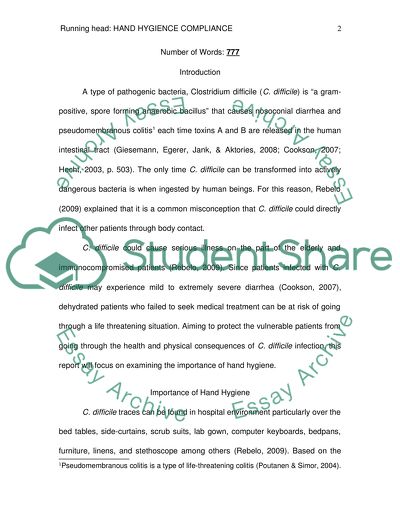Cite this document
(“A Systems Change: Preventing the spread of Clostridium Difficile by Dissertation”, n.d.)
Retrieved from https://studentshare.org/human-resources/1410017-a-systems-change-preventing-the-spread-of
Retrieved from https://studentshare.org/human-resources/1410017-a-systems-change-preventing-the-spread-of
(A Systems Change: Preventing the Spread of Clostridium Difficile by Dissertation)
https://studentshare.org/human-resources/1410017-a-systems-change-preventing-the-spread-of.
https://studentshare.org/human-resources/1410017-a-systems-change-preventing-the-spread-of.
“A Systems Change: Preventing the Spread of Clostridium Difficile by Dissertation”, n.d. https://studentshare.org/human-resources/1410017-a-systems-change-preventing-the-spread-of.


